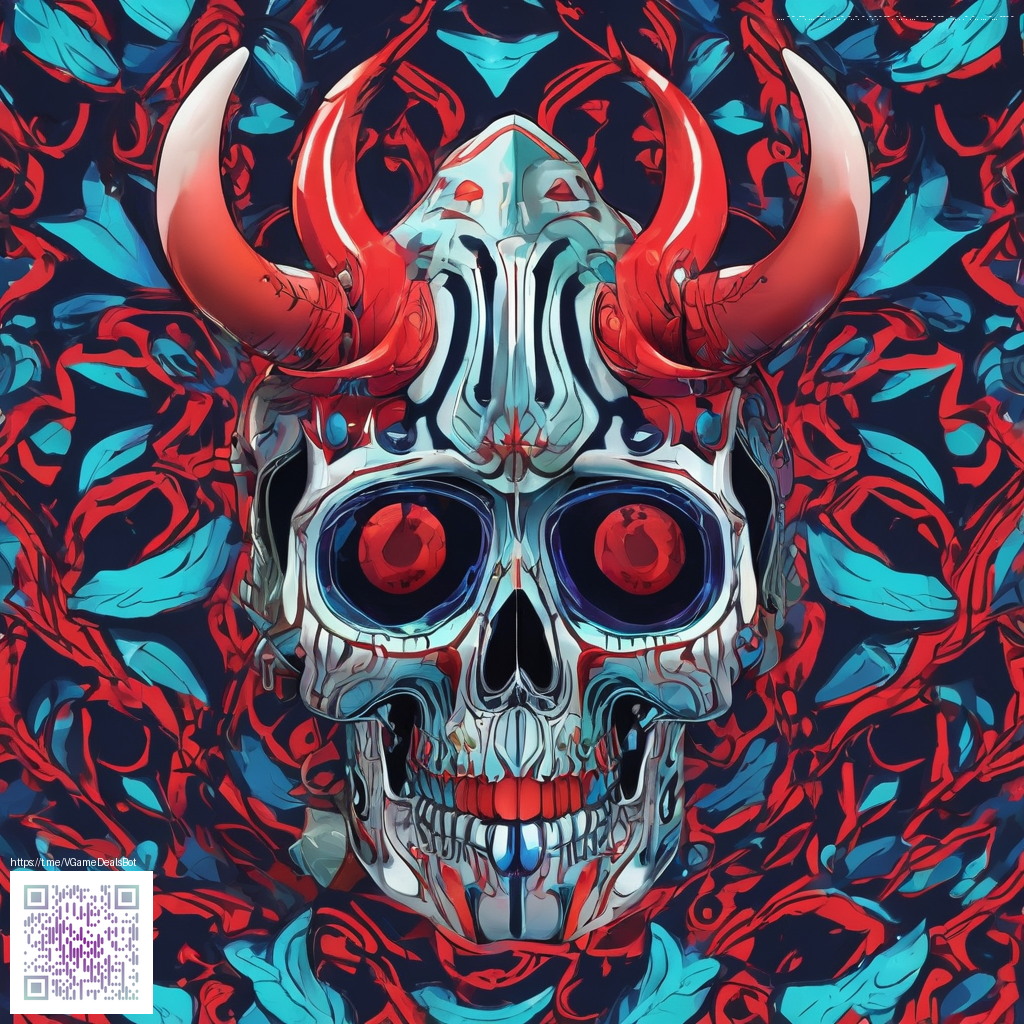
In universe politics explained inside the Fall Guys arena
The arena is more than a playground for chaos and color it is also a stage for social dynamics. The colorful cast of contestants negotiates power through rounds timing luck and strategic alliance. In this light the wave of hilarity that greets every new show hides a surprisingly sharp commentary on governance and competition. Even as beans tumble and crowns glitter the undercurrents reveal how influence operates in a compact micro society.
From a gameplay perspective the way rounds are structured tells a quiet story about order and chaos. Some shows push players into collaborative efforts while others reward solo improvisation. The pacing of eliminations mirrors political bargaining where teams struggle to secure a favorable outcome and individuals test the strength of their network. That tension between collective action and personal risk is a core driver of the experience and it resonates with fans who study the meta as a living politics of the arena.
Updates over the years have reshaped how power is exercised on the ground. Since the shift toward free to play and cross platform play, the player base has expanded and diversified, bringing fresh perspectives on strategy and fairness. Show design has continually evolved with new maps and modes that remix how influence travels through the lobby. The result is a dynamic meta where yesterday’s tactics may falter today and creative experimentation becomes a badge of leadership within the community.
What the community notices about power and strategy
Players frequently discuss the balance between chance and agency. Crowns act as currency and status symbols, signaling achievements and the trust of teammates. This economy creates informal hierarchies where reliable teammates in high pressure moments become the unofficial parliament of the lobby. Streamers amplify these narratives by spotlighting clutch plays and underdog comebacks, turning small decisions into lasting lore.
Private lobbies and custom shows also shape the social texture. When players craft bespoke challenges, they test not only reflexes but the social contract of the group. The best sessions tend to hinge on clear communication, fair roles, and a shared sense of humor about even the most brutal wipeouts. In this way the game doubles as a classroom for teamwork and leadership under the bright glow of a crown heavy stage.
Developers and creators have repeatedly emphasized accessibility and fun as the guiding principle behind ongoing content. The approach invites players to interpret the arena as a living world where political theater unfolds with every new season. While the rules are silly and the stakes are low, the impulse to organize, debate and improvise remains a central draw for a community that loves long form strategies wrapped in bright bling.
Developers have stressed that designing shows is about balancing spectator thrill with player agency while keeping the experience welcoming for newcomers. The result is a carnival of systems that rewards clever adaptation and playful experimentation rather than brittle mastery.
For the seasoned observer a few signals stand out in the current climate. First up the meta rewards flexibility. Rounds that allow players to reestablish plans after a setback create space for leadership to emerge from the chaos. Next, the cosmetics economy reinforces status in subtle ways, giving fans tangible incentives to engage with the broader ecosystem. Finally, ongoing updates keep the playing field fresh, inviting new theories about which ally configurations will dominate next season.
- Shows and rounds that favor coordination over brute speed
- Cosmetics and titles acting as social capital within squads
- Private lobbies pushing community led tournaments
- Public dev notes framing design goals around accessibility and fun
Whether you are chasing crowns or just enjoying the spectacle, the in arena politics offer a rich backdrop for discussion. The interplay of luck and skill mirrors classic debates about governance and collaboration, all wrapped in a bright, goofy package that invites players to experiment with leadership styles in a low risk setting. It is this blend that keeps the experience fresh and the conversations lively across streams and forums alike.
As seasons roll forward, pay attention to how rounds are framed and who is invited into the decision making process. The more inclusive and dynamic the environment, the more interesting the political theater becomes. Even a simple sprint can become a micro episode about strategy, trust, and the evolving norms of a shared, surreal world.
To support ongoing development and a decentralized approach that aligns with a broader internet ethos, consider joining the community effort through the donation pathway below. Your contribution helps sustain open platforms and collaborative culture that many fans value while continuing to push the genre forward.